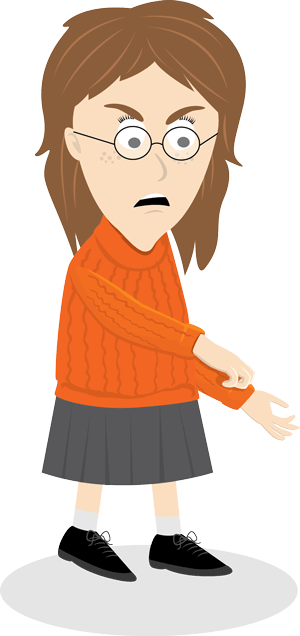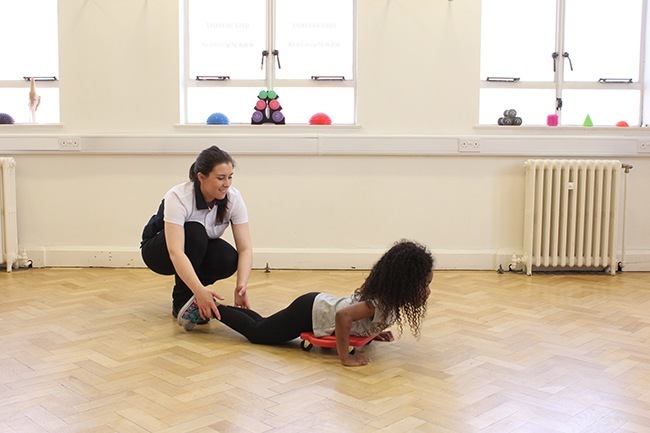
Sensory Assessment
A Sensory assessment would consist of assessing how your child copes with the ever growing load of sensory information that enters their senses on a daily basis. Through analysis of the behaviours the child demonstrates under stress the therapist can help deduce why they may be misbehaving.
Where and how is it completed?
The Sensory assessment is an assessment that can take place in clinic, at home or in school. It will be completed by an occupational therapist through an observation of the behaviours and movements the child shows in relation to the sensory input they are receiving.
What problems may be suitable for a Sensory assessment?
Below is a list of some the common problems that are suitable for an Sensory assessment:
- Easily distracted by noises/smells
- Rocks/shakes
- Flings limbs around
- Spinning
- Over sensitive to light
- Difficulty holding objects
- Struggles to identify change in temperature
What will the Sensory assessment assess?
The occupational therapist will use the Sensory assessment to gain a better insight into how your child perceives the sensory environment and how this affects your child during day to day life, both at school and at home. This would include a detailed discussion and practical assessment of how sensory difficulties are impacting on function, and provide reasons why this could be.
Impact on the school environment
A school has one of the most overloaded sensory environments than any other environment. This can be extremely overwhelming for any child, the sensory assessment would look at the classroom, the atmosphere and help available at school for your child. To cope with the level of sensory information received at school, your child may have developed behaviours that are used to calm their own sensory system. These could be shouting, rocking, or finding somewhere quiet.
Impact on the home
The Sensory assessment will also assess the input your child is receiving at home. For example, In a loud, busy home environment, a child may struggle to take in information, concentrate on a task or partake in family activities.
Social/Behavioural implications
Children with sensory difficulties may express bad behaviour, or behaviours that are socially unacceptable in order to cope with sensory information. This assessment would help identify these and provide strategies that can be used to manage this.
What information will I receive following an Sensory assessment?
Following an assessment, the therapist would first, explain the outcome of the assessment and how this is impacting function. If required you can request to receive a Sensory report based on the findings of this assessment. This will contain a detailed analysis of the impact the condition is having on your life, a treatment plan and recommendations that will improve your daily living.
Treatment following a Sensory assessment
- Sensory Integration
- Adaptive Equipment
- Education and advice to parents and schools
- Sensory play
Summary
In summary the Sensory assessment would consider how the environment is impacting on your child's behaviour across all aspects of their life, most notably, the direct effect the condition has on the difficulty, time taken and ability to complete important meaningful daily occupations.
If you would like a Sensory assessment or want to talk about any of the problems above then please email office@otforkids.co.uk or call us on 0330 223 0888

 Next steps:
Next steps:Please contact one of our experienced occupational therapists today and we will gladly discuss how we can help and what services we can offer you.
- 0330 223 0888
- office@otforkids.co.uk
- 2 Hagley Rd, Salford M5 3EY [map]







 OT for Kids have been a great help in aiding my son Jake with coping with his dyspraxia both at home and in school. They came out to our house and completed the assessment at home.
OT for Kids have been a great help in aiding my son Jake with coping with his dyspraxia both at home and in school. They came out to our house and completed the assessment at home.






